Introduction
A word of explanation seems necessary as to the origin of this work, its design, and the obligations under which it has laid the Editor. The Committee of the Eighty Club requested me some few months ago to undertake the preparation of a book dealing with the Irish question. They did me the honour of leaving entirely to my discretion both the design of the work and the choice of the contributors. Of books about Ireland, particularly of those which wear the livery of political parties, there are enough and to spare. Most of them are retrospective. I am not insensible to the value of a historical argumentas the design of the second part of this book sufficiently attestsbut few indeed, as Burke has remarked, are the partisans of departed tyranny, and it seemed to me more profitable to pay some attention to the present and the future. The restoration to Ireland of her Parliament is an event which not only appeals to the imagination of the historian, but also stimulates the speculation of the jurist, and invites the assistance of the administrator. I have, therefore, attempted in the earlier part of this book to secure a sober and dispassionate study of the new order of government by writers who can speak with the authority of a life's vocation. Their names need no commendation from me.
[pg ii]
The second part of the book may be regarded as supplementary to the first, in that it deals with constitutional history. When public men of such distinction as Mr. Balfour can speak of Irish patriotism, in so far as it used a Parliamentary vocabulary, as an exotic, and Irish nationality as a political afterthought, it seems not unimportant to show, as Mrs. J. R. Green and Professor Pollard have here shown, that the title-deeds of that nationality are not the forgeries of a political scriptorium, but are as authentic as anything an Englishman can boast. No one who has served any apprenticeship to Irish history needs to be reminded of the indomitable charm with which Irishmen have always taken captivity captive, and naturalised the alien and the oppressor. No argument for Irish nationality is more potent than this. One may, if one is so perverse, think Bolton pedantic, Molyneux curious, Swift rhetorical, and Grattan forensic, but there is no denying that these Anglo-Irish champions of Irish nationality spoke with a truly native passion. Nor is it a little remarkable that at the eleventh hour history should have repeated itself, and that the heart of the ruling caste should have throbbed, as Lord Dunraven has shown in his remarkable chapter, with a new impulse toward self-government. Grattan's Parliament, as one may read in Mr. Gooch's essay, was composed of men of much the same antecedents and prestige as those who are associated with Lord Dunraven in that significant movement of Irish Unionism which has to-day met Nationalism half-way. That Parliament is about to be restored to Ireland under conditions, which, as Lord Fitzmaurice shows, are, allowing for the difference in time and in the categories of political thought, substantially those which the Rockingham Ministry would, had they been free [pg iii] agents, have imposed in 1782. Their imposition would have precluded the union, and we should have been saved that sorry story, to be read in Mr. Barry O'Brien's succinct pages, of concessions delayed until they had lost their grace, and promises redeemed when they had lost their virtue.
Much of these historical chapters is but melancholy reading. But it is for Englishmen to remember these things, as it will be, I hope and pray, for Irishmen to forget them.
The third part of the book comes nearer home. At a time when our fellow-subjects across the oceans are repudiating, as Irishmen have repudiated, the name of colonists, with all its suggestions of the dependent tenure of Roman law, and are claiming, as Irishmen long ago claimed, the status of a dominion, it does not lie with Englishmen, least of all of the Imperialist school, to challenge the claims of the Irishmen of to-day to nationality. Professor Hobhouse reminds us that where this stubborn non-conformity to the ruling order endures, it must be accepted as the touchstone of nationalism. But the Irish demands are reinforced by English exigencies, and, as three Liberal Members of Parliament remind us, the Imperial Legislature is already disintegrating domestically under the stress of its manifold burdens. Not for the first time is the path of justice thus discovered to be also the path of expediency.
In the later chapters of this book will be found a view of the present state of Ireland, from the pens of those best qualified to speak of it, the pens of men who have spent their lives in ministering to her people. I would commend to the attention of the reader those chapters, in which a great dignitary of the Roman Church, a distinguished scholar of the Church of Ireland, and [pg iv] two members of Nonconformist bodies, who stand high in their respective communions, pray for the deliverance of the social life of their country from the obsession of a busy and alien fanaticism.
Dea magna, dea Cybelle, dea domina Dindymi,
Procul a mea tuus sit furor omnis, era, domo:
Alios age incitatos, alios age rabidos.
It must be understood that the responsibility for each chapter is confined to the person who wrote it. We are all united in a common allegiance to the principles of Home Rule, but that allegiance is not incompatible with some diversity of view as to the form which it should take. It seems to me that the book gains, rather than loses, in value by this degree of latitude of opinion. It is, perhaps, hardly necessary to add that the order in which the chapters appear makes no pretence to anything so invidious as an order of meritotherwise the first chapter would have been the last; it is designed simply with a view to a logical sequence.
I wish to thank Lord Haldane and Mr. Birrell for the enjoyment of certain privileges in the preparation of the book, without the concession of which its appearance at this moment would have been impossible. I have also to thank Lord Haldane for reading the proofs of my own chapter on the Government of Ireland Bill, and giving me the benefit of that profound learning which is always so generously placed at the service of the student who seeks its guidance. To my friends, Lord Fitzmaurice, Mrs. J. R. Green, and Mr. J. A. Spender, I am indebted for many kind offices of a [pg v] diplomatic character. Throughout the conduct of my editorial task I have had the wise counsel and unfailing support of Mr. Bourchier Hawksley, the Chairman of the Home Rule Committee of the Eighty Club, and to him I desire to express my grateful acknowledgments.
J. H. Morgan.
The Temple.
May, 1912.

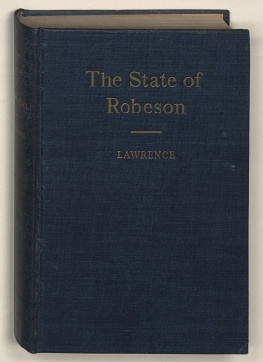



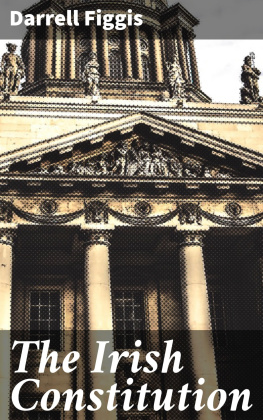
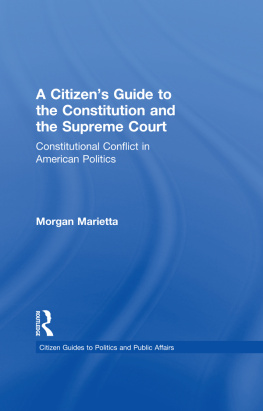
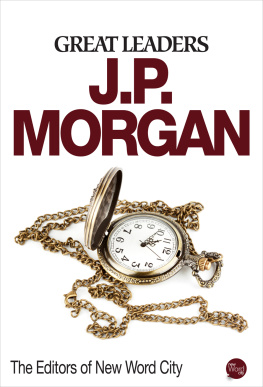
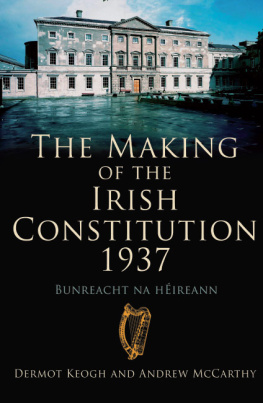


![Jay John - The Federalist : a collection of essays, written in favour of the new Constitution, as agreed upon by the Federal Convention, September 17, 1787. : In two volumes. Vol. I[-II.]](/uploads/posts/book/76130/thumbs/jay-john-the-federalist-a-collection-of-essays.jpg)